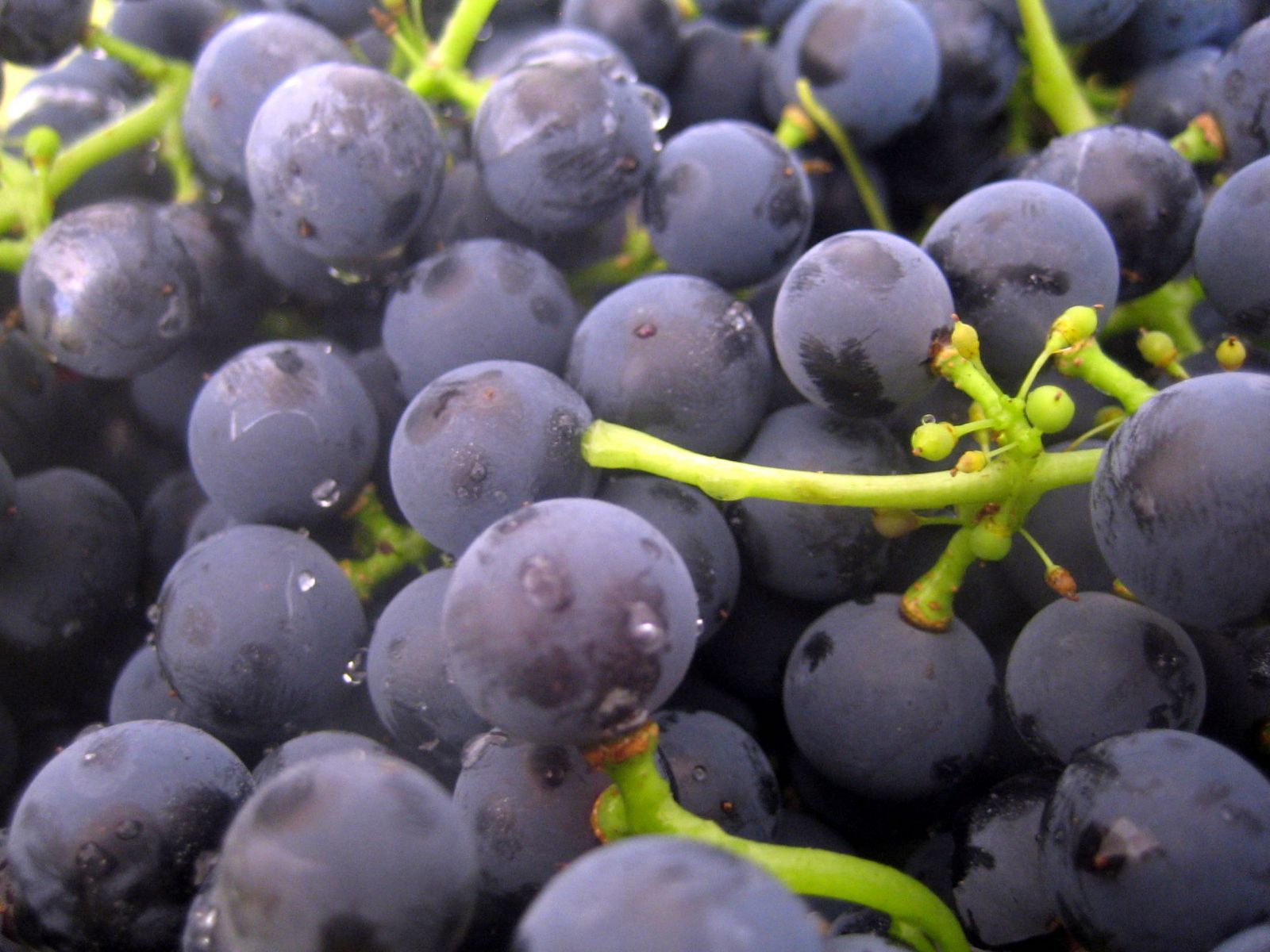Common Yeast Found On Fruits And Certain Foods Able To Combat Drug-Resistant Fungal Infections
Source: Thailand Medical News Dec 11, 2019 6 years, 1 month, 2 weeks, 6 days, 4 hours, 13 minutes ago
Researchers from the United States and India has shown that probiotic yeasts derived from fruits and food are able to reduce the virulence of, and even prevent infections by, several types of fungi that are responsible for life-threatening infections in hospitalized and immune-compromised individuals, including the multi-drug resistant
Candida auris, which was recently listed as an urgent threat by the U.S. Centers for Disease Control in its 2019 Antibiotic Resistance Threats report.

Although
Candida albicans is the leading cause of hospital-acquired fungal infections, the study focuses on a number of non-
albicans species that are of increasing concern to public health officials as they can cause similar infections and as many of these strains are developing resistance to available antifungal medications.
"
Candida auris, for example, which can cause severe, often fatal infections in hospitalized patients, frequently does not respond at all to commonly used antifungal drugs, making infections almost impossible to treat." commented Dr Reeta Rao, professor of biology and biotechnology and associate dean of graduate studies at Worcester Polytechnic Institute (WPI) and one of the lead authors of the study,in a phone interview with
Thailand Medical News.
Typcially, in immune-compromised patients or even healthy individuals with implanted medical devices,
Candida can penetrate the submucosal tissue of the gastrointestinal tract and reach the internal organs, where it can cause life-threatening systemic infections. The microbes' drug resistance stems, in part, from their ability to adhere to surfaces and form biofilms.
Dr Rao added, "A biofilm is a complex ecosystem that can become a physical barrier against drugs. Biofilms can form on medical devices, catheters and IV lines, and even contact lenses. They can also penetrate epithelial tissue in the body, leading to a variety of infections, including the deadly bloodstream infections we can see with
Candida auris."
Antifungal drugs, even when they work often have serious side effects. Fungal cells are similar to the eukaryotic cells that make up human bodies, so the drugs can attack and damage the very tissues they are designed to protect. "This has led to a growing recognition of the need for alternative therapies," Rao said. "We chose to look at food-derived probiotic yeast, which could present a safe and cost-effective method to keep
Candida in check."
The findings of the study was published in the journal
mBio ("Probiotic Yeasts Inhibit Virulence of Non-
albicans Candida Species.”)
For the study, the researchers examined the ability of two food-derived yeasts,
Saccharomyces cerevisiae and
Issatchenkia occidentalis, which grow naturally on fruits and other foods, to combat adhesion and biofilm formation in non-albicans species of &l
t;em>Candida.
The researchers found that applying these yeasts to non-biological surfaces reduced the ability of non-albicans fungi, including
Candida auris, to adhere to these surfaces by as much as 53 percent. The yeasts also reduced the formation of biofilms by as much as 70 percent. Similar results were obtained with mixed cultures containing non-albicans and albicans fungal species. Applying the food-derived yeasts to surfaces also inhibited a process known as filamentation in a number of non-albicans fungi. Filamentation is a mechanism used by virulent fungi to evade the body's immune response and is believed to be important to adhesion and biofilm formation.
In further studies, the researchers examined the effect of the presence of the food-derived yeasts on the ability of non-albicans fungi to adhere to human epithelial cells. They found that the yeasts were highly effective in reducing adhesion, particularly when they were present before the fungal microbes were introduced. To test whether the yeasts would have a similar effect in a living organism, the researchers infected
Caenorhabditis elegans, a nematode that mimics key aspects of human intestinal physiology, with non-albicans fungi. They found that the nematodes lived longer and the fungi recovered from infected nematodes were less active when they were treated with the food-derived yeasts.
The medical researchers also showed that extracts from the yeast cells were able inhibit adhesion by non-albicans fungi, suggesting that the effect might be due by secondary metabolites produced by the yeasts. "As the rate of deadly infections by
Candida auris and other non-albican fungi species increases, there is a pressing need for more effective and safer medications to both prevent and treat these intractable illnesses," Rao said. "This study has shown that probiotic yeast may be the alternative we have been looking for, and certainly warrants further investigation."
Dr Rao, a fellow of the American Academy of Microbiology, is currently focused on understanding the molecular mechanism of action, as well as computational modeling of the microbial interactions in silicon.
References :
Lohith Kunyeit et al, Probiotic Yeasts Inhibit Virulence of Non-albicans Candida Species, mBio (2019). DOI: 10.1128/mBio.02307-19
2019 AR Threats Report: www.cdc.gov/drugresistance/biggest-threats.html
